뉴런교수법
INSTRUCTIONAL METHOD
-
N euron
Diagnosis뉴런 진단테스트너 자신을 알라! 뉴런만의 영어 정밀 진단 시스템으로 각 학생들이 가지고 있는 현재 문법과 구문 해석 능력을 정밀하게 진단하여, 앞으로의 학습 방향을 정확히 제시한다.
-
E ntire
Knowledge
in 8 Months
8개월의 약속일주일에 2 단원을 학습할 경우 총 63개의 핵심 뉴런 문법을 8개월에 완성하여, 영어 해석 능력과 독해능력 수직 상승을 경험한다. 뉴런 전체 115개의 문법은 일주일 5단원 학습을 강행할 경우 6개월에 끝낼 수 있다. 이 경우 영어 문법과 구문의 최고의 경지에 이른다.
-
U niversal
Grammar문법은 본능이다 -Avram Noam Chomsky-
모든 인간은 언어를 습득할 수 있는 능력을 타고 났다. 그러나 잘못된 영어 학습법으로 그 능력을 제대로 발휘되지 못하고 있다. 뉴런은 언어적 본질에 충실한 뉴런만의 영어 교수법으로 그 잃어버린 영어 본능을 되찾아 준다.
-
문법은 본능이다 -Avram Noam Chomsky-
U niversal
Grammar모든 인간은 언어를 습득할 수 있는 능력을 타고 났다. 그러나 잘못된 영어 학습법으로 그 능력을 제대로 발휘되지 못하고 있다. 뉴런은 언어적 본질에 충실한 뉴런만의 영어 교수법으로 그 잃어버린 영어 본능을 되찾아 준다.
-
R etention
of memory배운 건 반드시 기억된다 -Hermann Ebbinghaus-
기억은 사라진다. 뉴런은 학습 후 즉각적인 응용과 반복으로 체득 (Acquisition)의 단계까지 이끈다. 이 체득한 지식(tacit knowledge)은 3단계의 개념 중복 테스트로 뇌에 각인된다.
-
배운 건 반드시 기억된다 -Hermann Ebbinghaus-
R etention
of memory기억은 사라진다. 뉴런은 학습 후 즉각적인 응용과 반복으로 체득 (Acquisition)의 단계까지 이끈다. 이 체득한 지식(tacit knowledge)은 3단계의 개념 중복 테스트로 뇌에 각인된다.
-
O verload
training자신을 넘어서라 -Stephen Krashen-
자신의 현재 지식보다 ‘조금 더(i+1)’ 넘는 자극이 있어야 비로소 영어를 습득하게 된다. 뉴런은 학년을 파괴하고, 누구든 먼저 마음이 준비된 학생들에게 이 과부하의 자극을 주고 견디도록 함께 한다. 이 과부하의 고통을 하나씩 이겨낼 때(Recovery), 영어 성적이 폭발하는 임계점(Critical Point)에 도달한다.
-
자신을 넘어서라 -Stephen Krashen-
O verload
training자신의 현재 지식보다 ‘조금 더(i+1)’ 넘는 자극이 있어야 비로소 영어를 습득하게 된다. 뉴런은 학년을 파괴하고, 누구든 먼저 마음이 준비된 학생들에게 이 과부하의 자극을 주고 견디도록 함께 한다. 이 과부하의 고통을 하나씩 이겨낼 때(Recovery), 영어 성적이 폭발하는 임계점(Critical Point)에 도달한다.
-
N otification
학습의 결과는 공개된다
학생들은 자신이 모른다는 사실 조차 모른다. 배워도 밑 빠진 독에 물 붓기다. 뉴런은 수업 시간에 배운 모든 개념에 대한 3 단계 확인 시험을 치고 점수와 통과 여부를 각 가정에 문자로 통보한다. 부모님의 관심과 이로 인한 학생 스스로의 긴장만이 유의미한 결과를 만든다.
1. AVRAM NOAM CHOMSKY
(1928-)
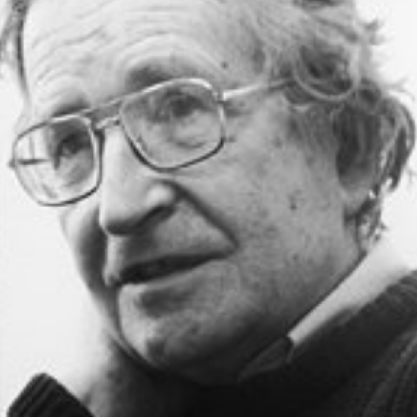
UG [universal grammar] may be regarded as a characterization of the genetically determined language faculty. One may think of this faculty as a 'language acquisition device,' an innate component of the human mind that yields a particular language through interaction with present experience, a device that converts experience into a system of knowledge attained: knowledge of one or another language. — Noam Chomsky
2. KENNETH GOODMAN
(1927-2020)
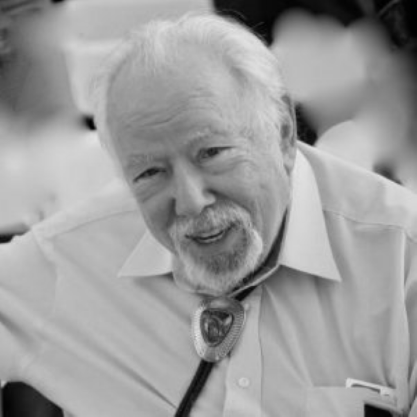
“Reading is a psycholinguistic guessing game”
- Kenneth Goodman
Kenneth Goodman created a psycholinguistic and sociolinguistic model of reading inspired by the work of Noam Chomsky, who developed the theory of generative grammar. A generative grammar of a language attempts to give a set of rules that will correctly predict which combinations of words will form grammatical sentences. Goodman decided that the process of reading was similar to the process of learning language as conceptualized by Chomsky, that literacy developed naturally as a consequence of experiences with print, just as language ability developed naturally as a consequence of experiences with language. Goodman decided, as a result, that attempts to teach children rules for decoding words were inappropriate and not likely to succeed—this means that he found the teaching of phonics to be an irrelevant waste of time when trying to teach reading.
3. ALBERT SYDNEY HORNBY
(1898-1978)
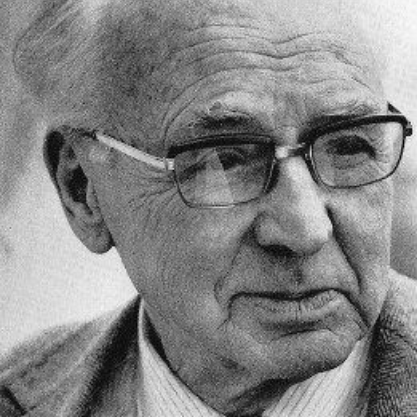
Albert Sydney Hornby(1898-1978) was an English grammarian, lexicographer, and pioneer in the field of English language learning and teaching(ELT).
4. HERMANN EBBINGHAUS
(1850-1909)
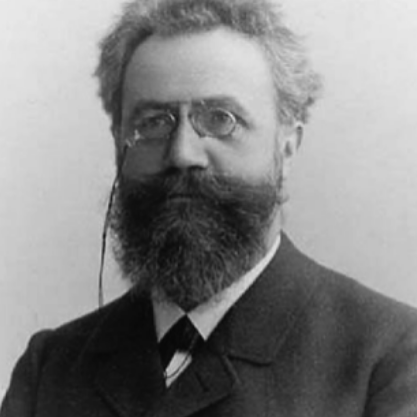
A pioneer of the scientific study of memory worked as philosopher at university in Berlin inspired by lawfulness of relation between physical properties of perceptual stimuli and psychological sensations discovered in field of psychophysics e.g. Fechner’s law; Weber’s law
5. STEPHEN KRASHEN
(1941-)
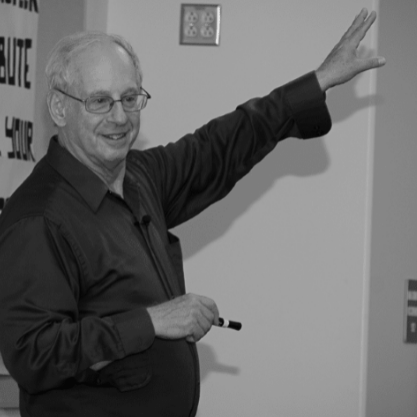
Language acquisition requires meaningful interaction in the target language - natural communication - in which speakers are concerned not with the form of their utterances but with the messages they are conveying and understanding. The best methods are therefore those that supply 'comprehensible input' in low anxiety situations, containing messages that students really want to hear. These methods do not force early production in the second language, but allow students to produce when they are 'ready', recognizing that improvement comes from supplying communicative and comprehensible input, and not from forcing and correcting production. In the real world, conversations with sympathetic native speakers who are willing to help the acquirer understand are very helpful. -Stephen Krashen-


